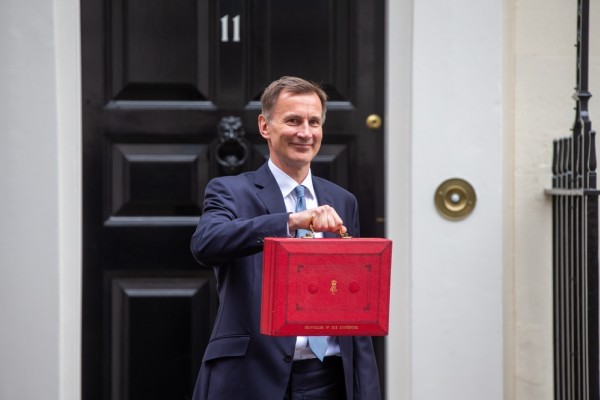Budget includes police facial recognition funding, other AI investments
06/03/2024 | UK Governemtn
As part of the Spring Budget 2024 spending plans, Chancellor of the Exchequer Jeremy Hunt announced a £230 million investment to support the introduction of new technology in policing.
The government will use the funds to deliver pilot schemes for police technology (page 35), including facial recognition, video call reporting, automating the triage of 101 calls, and deploying drones as first responders. The Centre for Police Productivity will be established to improve police data quality and enable forces to implement promising technologies.
In a statement responding to the news, Madeleine Stone, Senior Advocacy Officer at Big Big Brother Watch, said: "Wasting millions of pounds on intrusive and inefficient facial recognition will not fix the UK's broken criminal justice system. This mass surveillance tool turns innocent members of the public into walking barcodes, giving police forces the potential to monitor and track us like never before... With police officers not responding to emergency calls and failing to undertake routine investigations, facial recognition is a shiny distraction that puts the public's right to privacy and anonymity at huge risk."
Meanwhile, the Chancellor is expanding the use of artificial intelligence across the public sector (page 36). This includes doubling the size of the Incubator for Artificial Intelligence (i.AI) team, committing £34 million to expand the Public Sector Fraud Authority, £17 million to accelerate DWP's digital transformation, and £14 million for public sector research and innovation infrastructure.
On healthcare, the Chancellor announced £3.4 billion in additional funding to support digital transformation in the NHS (pages 32-34). The money will be invested in various schemes, from making the NHS app the single access point where patients can access NHS services to testing the ability of AI to automate back more office functions, scaling up existing use of AI, and accelerating the Federated Data Platform (FDP) programme.
In a post commenting on the NHS funding, Cerys Wyn Davies of law firm Pinsent Masons said: "The planned shift to electronic patient records and wider plans for harnessing data are to be welcomed, given the significant value that subsists in NHS data... While data protection and security issues will need to be managed, the move to supercharge the use of data in the health service comes at a most opportune time given the opportunities AI presents to use data to improve processes and deliver better health outcomes."

What is this page?
You are reading a summary article on the Privacy Newsfeed, a free resource for DPOs and other professionals with privacy or data protection responsibilities helping them stay informed of industry news all in one place. The information here is a brief snippet relating to a single piece of original content or several articles about a common topic or thread. The main contributor is listed in the top left-hand corner, just beneath the article title.
The Privacy Newsfeed monitors over 300 global publications, of which more than 6,250 summary articles have been posted to the online archive dating back to the beginning of 2020. A weekly roundup is available by email every Friday.

